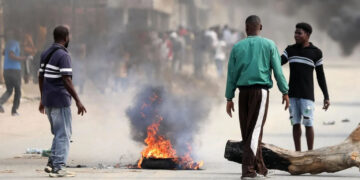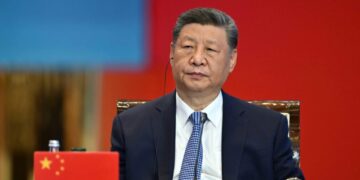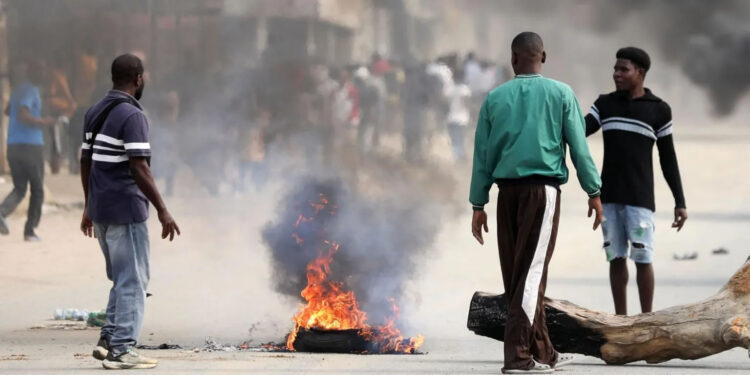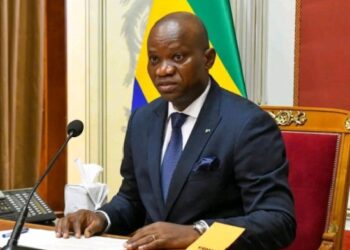What began as a strike by taxi drivers over soaring fuel costs has now engulfed Angola in its most violent protests in years. Five people are dead, including a police officer, and more than 1,200 have been arrested after days of chaos that saw looting, road barricades, and gunfire ring out across the capital.
At the heart of the fury is a government decision to slash fuel subsidies, raising diesel prices by 33 percent in early July. Officials say the cuts are part of wider economic reforms, but for many Angolans living on an average monthly wage of just $75, the hike was a breaking point. Transport costs surged, dragging up the prices of food and basic goods, compounding the daily hardship of life in an oil-rich country where wealth has long remained concentrated at the top.
The tipping point came when taxi drivers launched a three-day strike. What began as a sector-specific protest swiftly morphed into an eruption of rage aimed at the ruling MPLA party, which has held power since Angola’s independence in 1975. On Monday, the streets of Luanda turned into battlegrounds. Demonstrators blocked roads, torched cars, and ransacked shops. Police fired tear gas, and in some cases, live rounds. The unrest even spread beyond the capital to Icolo e Bengo and Huambo provinces before it was forcefully contained.
Activist Laura Macedo put it plainly: “The fuel hike was the last straw. Hunger is everywhere, and the poor are miserable.” Her words echoed across protests where chants railed against the MPLA’s decades-long rule. Many saw the demonstrations not simply as outrage over fuel prices, but as a broader rejection of deepening inequality and broken political promises. One such promise is President João Lourenço’s vow to raise the minimum wage to $107 a month, a pledge that remains unfulfilled and has become a potent symbol of public disillusionment.
President Lourenço, speaking to CNN Portugal, downplayed the anger, insisting that even after the hike, Angola’s diesel prices remain among the lowest in the world—roughly 40 cents per liter. His government has portrayed the protests as disruptive opportunism, accusing demonstrators of trying to sabotage the nation’s 50th independence anniversary later this year. State media provided little to no coverage, while government forces patrolled heavily, signaling an unwillingness to tolerate further dissent.
Though police claim to have reached an agreement to end the taxi drivers’ strike, unions say they are not backing down. Businesses across Luanda remain shuttered, and many private firms have instructed their staff to stay home. Security forces are still deployed in large numbers, warning of further crackdowns if unrest continues.
The protests have exposed the simmering tensions that have been building for years in Angola: the frustration of economic hardship, the sting of political stagnation, and the mounting sense that for many, promises are made only to be broken. With grievances still unresolved and anger hanging heavy in the air, Angola’s fragile calm may only be temporary.




































